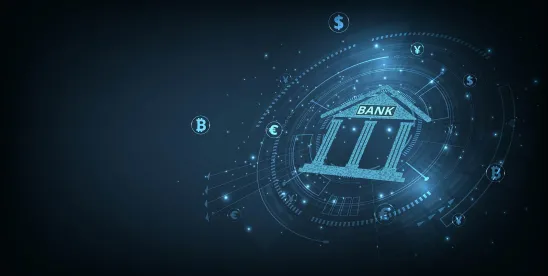On December 20, 2024, an Illinois federal court, in considering a motion for a preliminary injunction brought by the Illinois Bankers Association, American Bankers Association, and other trade groups, ruled that national banks and federal savings associations will not be subject to Illinois’ groundbreaking law that, starting on July 1, 2025, would forbid card issuers, payment card networks, acquirer banks and payment processors from charging retailers for swipe fees on gratuities and “any use and occupation tax or excise tax” imposed by the State or a local government. (See here and here for our previous discussions on the law).
In siding with the trade association’s member national banks and federal savings associations, the Court temporarily barred enforcement of the Illinois Interchange Fee Prohibition Act, holding that they had demonstrated a likelihood of success on the merits for their argument that the National Bank Act (“NBA”) and the Homeowners Credit Loan Act preempted the new Illinois statute. The Court ordered supplemental briefing on similar arguments made under the Federal Credit Union Act. In particular, the Court noted how the new law could undermine Congress’s intention to create a uniform national banking system. Notably, the court also emphasized that compliance costs could be prohibitive, potentially forcing some institutions to exit the credit and debit card market. The Court, however, declined to extend such preemption on behalf of payment networks and other “non-national bank or savings association participants.”
Putting It Into Practice: The Court’s ruling underscores the difficulty of balancing state regulations with federal banking laws, especially in the context of complex payment systems such as credit and debit card networks where there are numerous parties to each transaction. With supplemental briefings and further hearings on the horizon, banks and credit card companies alike should closely monitor this case, as it will likely shape the future of interchange fee regulations and their intersection with federal banking laws.




 />i
/>i

